The United States should further ease the restrictions it has imposed unilaterally on people-to-people exchanges with China, Chinese Ambassador Qin Gang said in Washington D.C. on Wednesday.
"We hope that the U.S. side will do more things to lift the iron curtain between our people, and allow our students, scholars, scientists and artists to talk and work together without fear and obstacles. For example, our scientists could cooperate on major infectious diseases and on climate change. China also welcomes American students to study in China," said Qin in response to questions after delivering a speech at a virtual conversation jointly held by the Carter Center and the George H.W. Bush Foundation for U.S.-China Relations.
"China-U.S. relations were seriously damaged during the previous U.S. administration. Our educational, technological and people-to-people exchanges also suffered. Some Americans say Chinese students are spies, and Confucius Institutes are engaging in cultural infiltration. Many Chinese students and scholars have been repatriated, denied visas, interrogated, and harassed for no reason. Scientific and technological exchanges between the two sides have almost been cut off," he said.
The ambassador stressed that "educational, technological and cultural exchanges serve the interests of both countries. They are critical for our mutual understanding and trust."
"Since I assumed office, over 10 American universities and educational institutions have written to me, expressing their hope for continued U.S.-China educational exchanges and cooperation. We hope that the Biden administration will turn this around as soon as possible," Qin said.









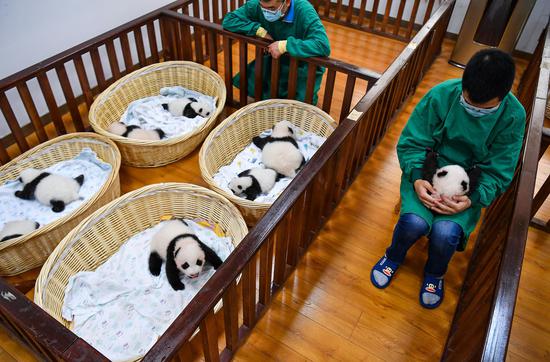


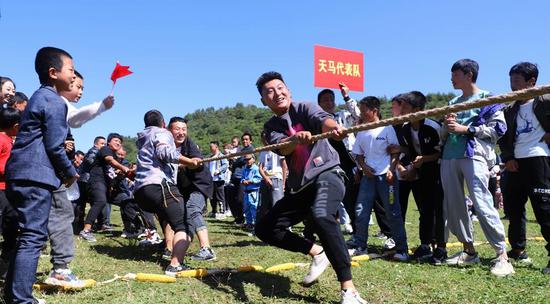

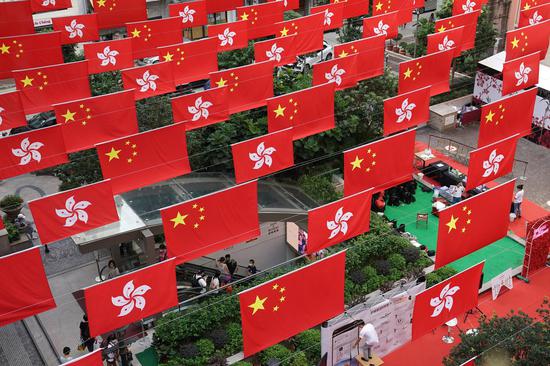
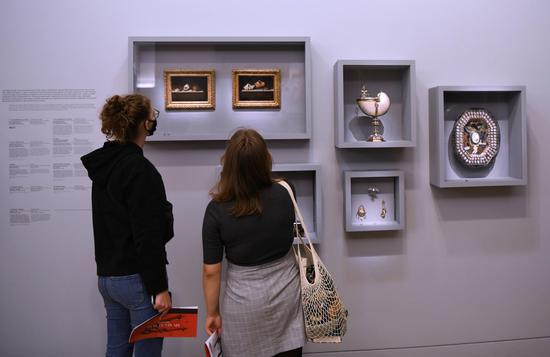
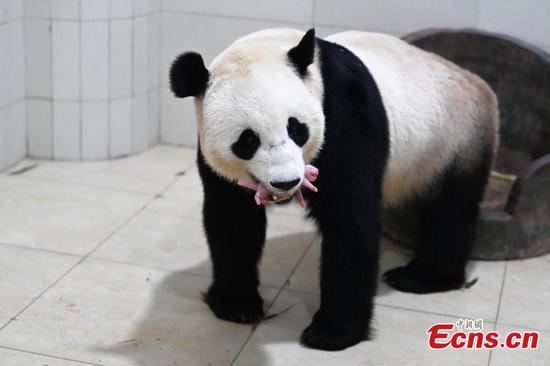





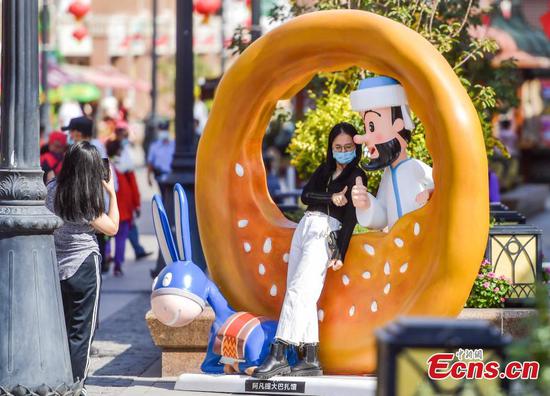


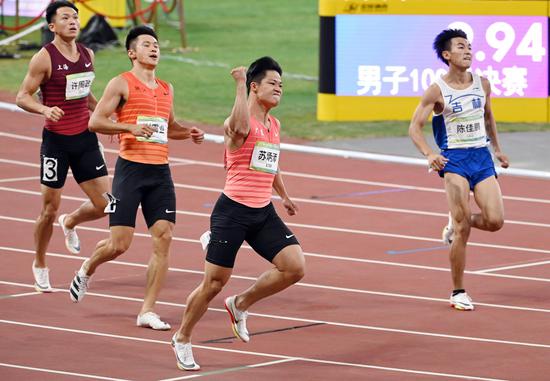

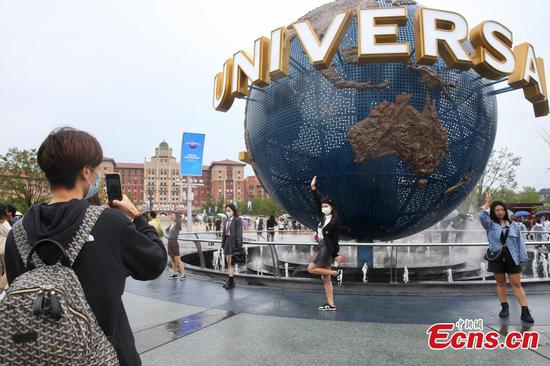
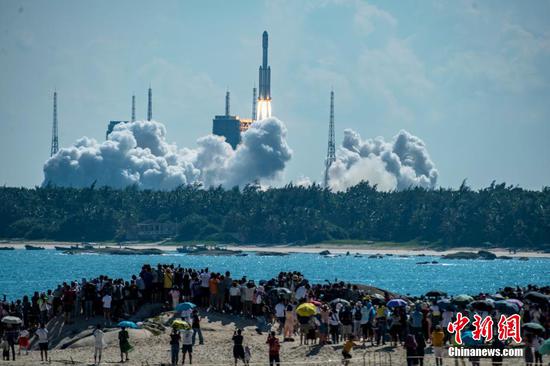
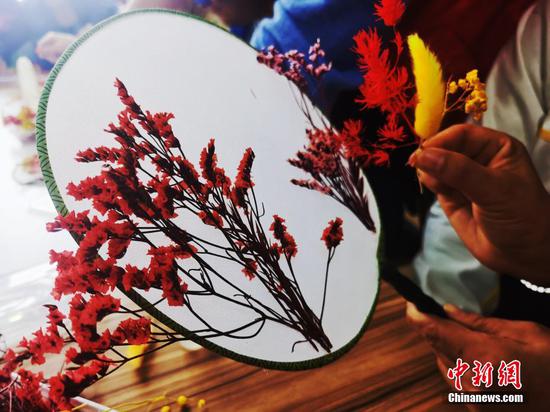

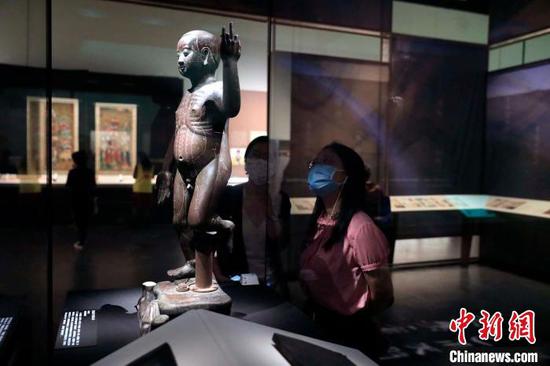
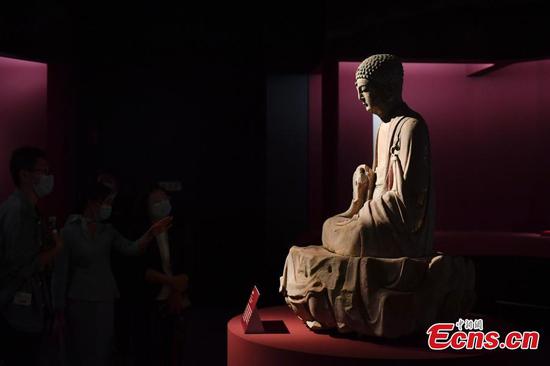
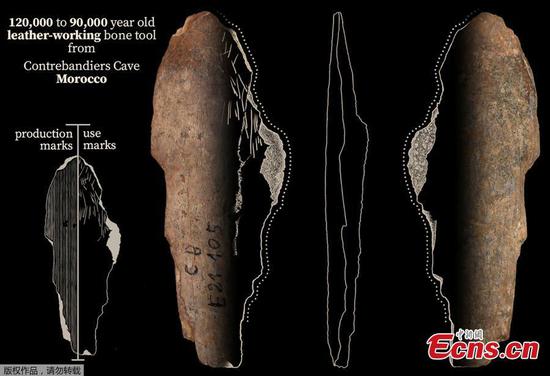
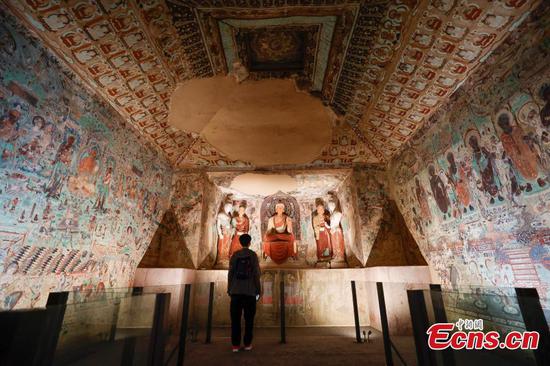

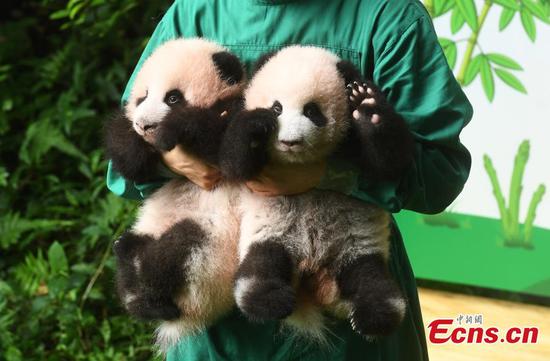


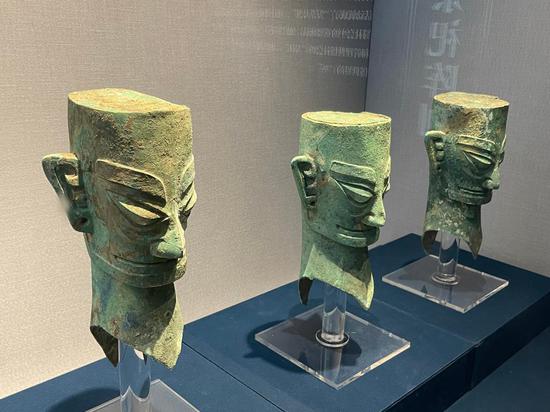
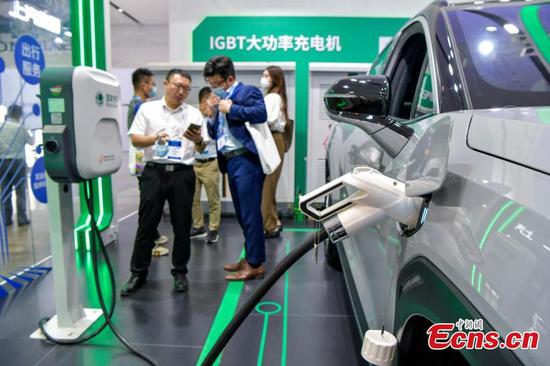
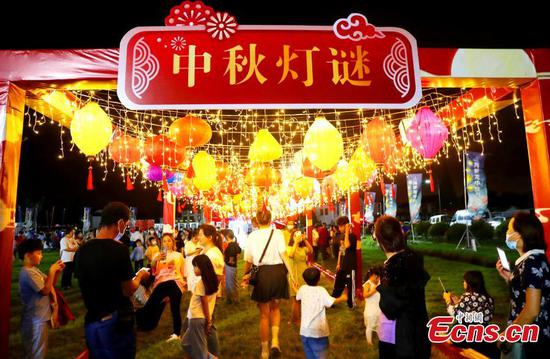
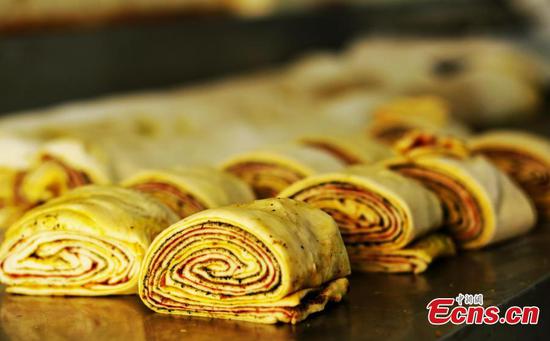
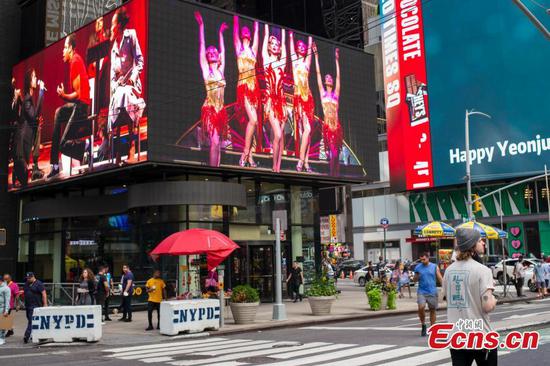
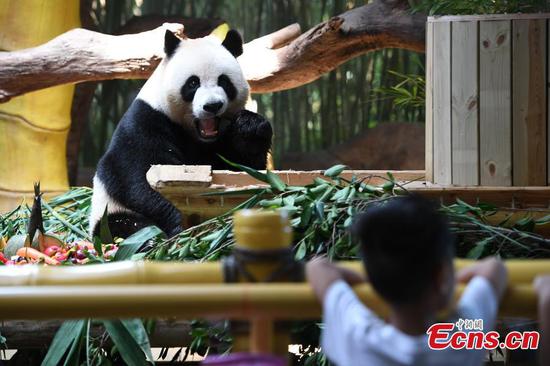





 京公网安备 11010202009201号
京公网安备 11010202009201号